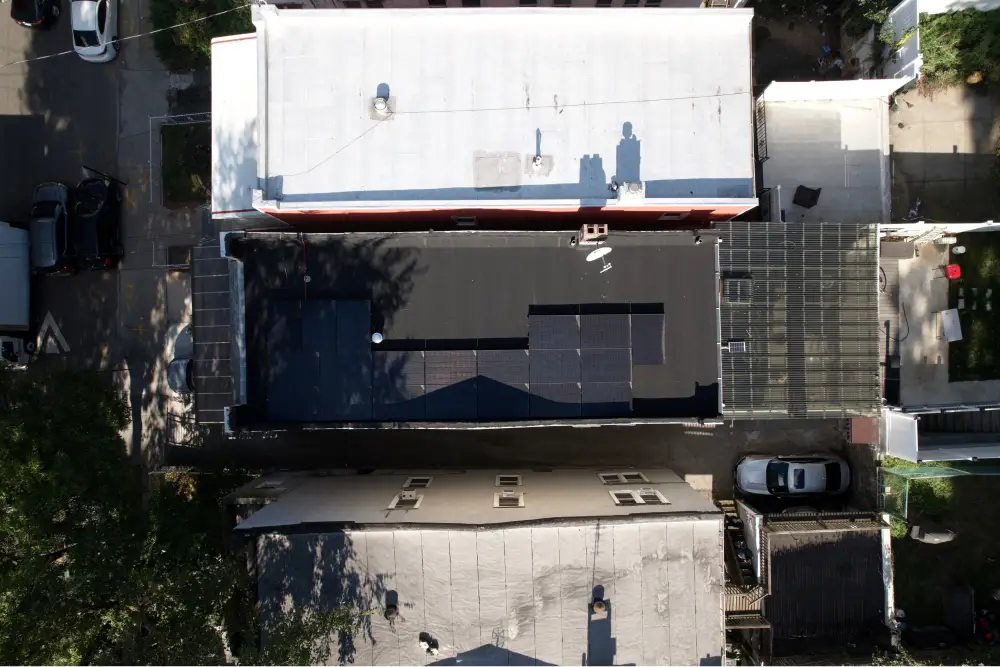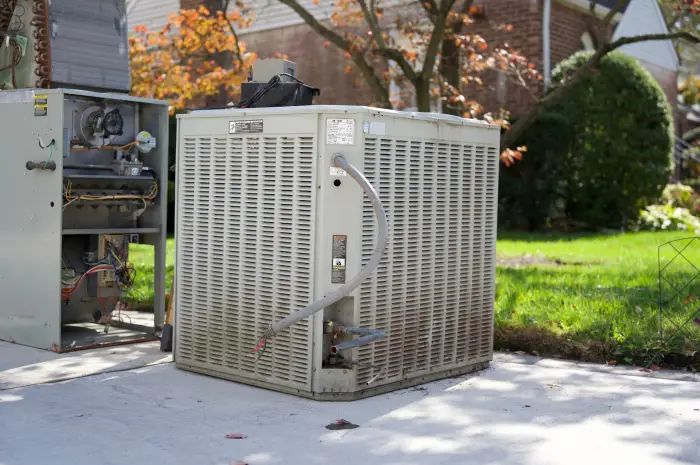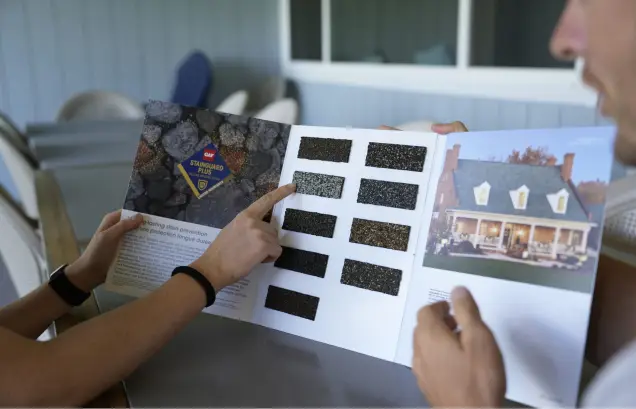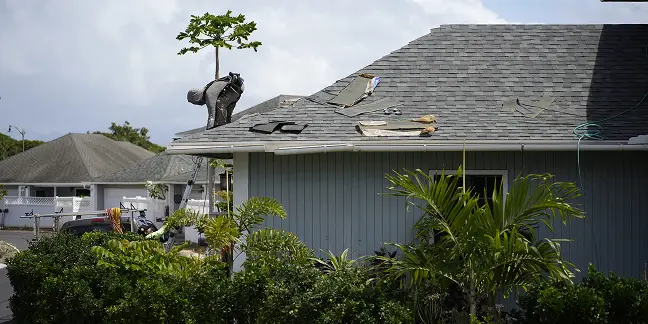Your roof is your home’s first line of defense against the elements, but it’s also one of the most overlooked parts of your house. A small leak or a few damaged shingles might not seem like a big deal—until it leads to costly repairs.
At Attyx, we’re all about empowering homeowners to take control of their roof’s maintenance. This guide will walk you through the essentials of roof inspections, from knowing when to inspect to understanding what to look for and when to call in the experts.
Why Regular Roof Inspections Are Essential
Think of a roof inspection as a check-up for your home. Just like routine doctor visits help catch health issues early, regular inspections can save you money and stress by identifying potential roofing problems before they spiral out of control.
Here’s why they’re so important:
- Prevent Small Issues from Escalating: A cracked shingle or minor leak might not seem urgent, but left unchecked, they can lead to water damage, mold, and structural issues.
- Extend the Life of Your Roof: Routine inspections can help maintain your roof’s condition, preventing unnecessary wear and tear.
- Save on Repairs: Spotting issues early often means lower repair costs.
- Prepare for Severe Weather: Regular checks ensure your roof is ready to withstand heavy rain, snow, or storms.
When Should You Inspect Your Roof?
Knowing when to inspect your roof can make all the difference. Here’s a timeline to follow:
1. Twice a Year
Ideally, you should inspect your roof once in the spring and once in the fall. This ensures you catch any damage from winter weather or summer storms.
2. After Severe Weather
South Carolina and North Carolina weather can be unpredictable. High winds, heavy rain, hail, or snowstorms can all take a toll on your roof. Always check for damage after a major storm.
3. Before Big Repairs or Selling Your Home
If you’re planning major renovations or putting your house on the market, a professional roof inspection can ensure there are no surprises down the road.
What Professionals Look for During a Roof Inspection
A professional roof inspection goes deeper than what most homeowners can do on their own. Here’s what a qualified inspector will evaluate:
1. Structural Integrity
Inspectors look for sagging, uneven roof lines, and any signs of structural weakness. They also check the condition of the chimney, vents, and skylights.
2. Material Condition
They’ll assess the condition of shingles, flashing, and underlayment, noting any damage, deterioration, or areas where water might enter.
3. Interior Damage
Inspectors will check your attic and ceilings for signs of leaks, moisture, or mold.
4. Workmanship Issues
If your roof was recently repaired or replaced, they’ll evaluate the quality of the workmanship to ensure it meets local building codes.
Common Roof Problems to Watch Out For
During an inspection, here are some of the most common roofing problems you or a professional might discover:
- Cracked or Missing Shingles: A sign of wear and tear or storm damage.
- Leaking Flashing: Metal flashing around chimneys and vents can deteriorate over time, leading to leaks.
- Ponding Water: Flat or low-slope roofs can develop areas where water collects, which may lead to leaks.
- Moss or Algae Growth: Common in humid climates, this growth can damage shingles if not removed.
- Clogged Gutters: Debris in gutters can cause water to back up onto the roof, leading to damage over time.
When to Call in the Professionals
While DIY inspections can catch obvious problems, there are times when you should leave it to the pros. Call a professional roofer if:
- You notice major damage, like large leaks or missing shingles
- Your roof is older than 15-20 years
- You’re unsure how to safely inspect your roof
- You suspect hidden damage after a storm
A certified roofer has the tools and expertise to identify issues you might miss and provide a detailed assessment of your roof’s condition.
Your roof is one of the most important parts of your home, but it’s often overlooked until something goes wrong. By scheduling regular inspections and addressing issues early, you can extend your roof’s lifespan and avoid costly repairs.
At Attyx, we believe that an informed homeowner is an empowered homeowner. Taking the time to inspect and maintain your roof ensures that it stays strong and reliable for years to come.





